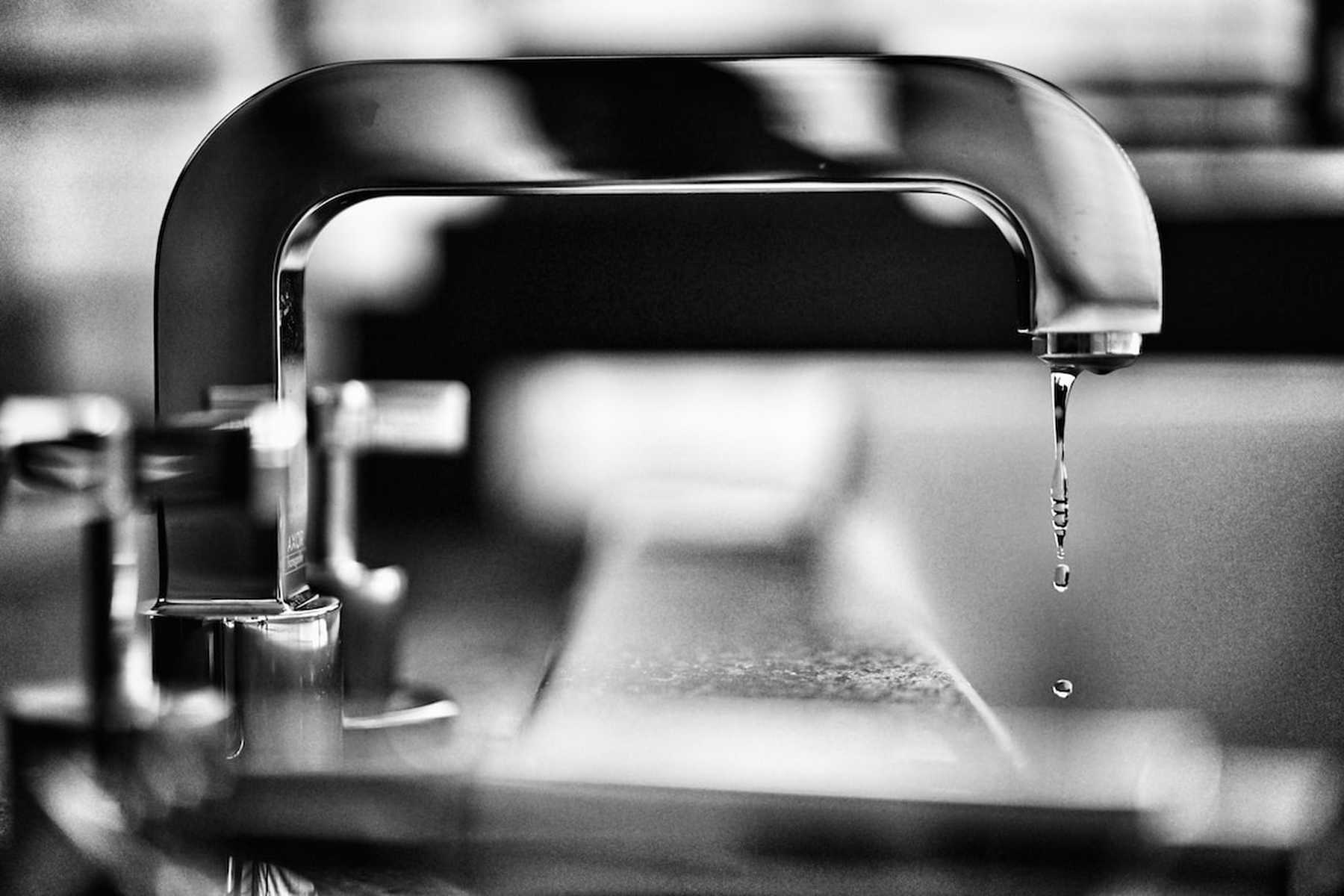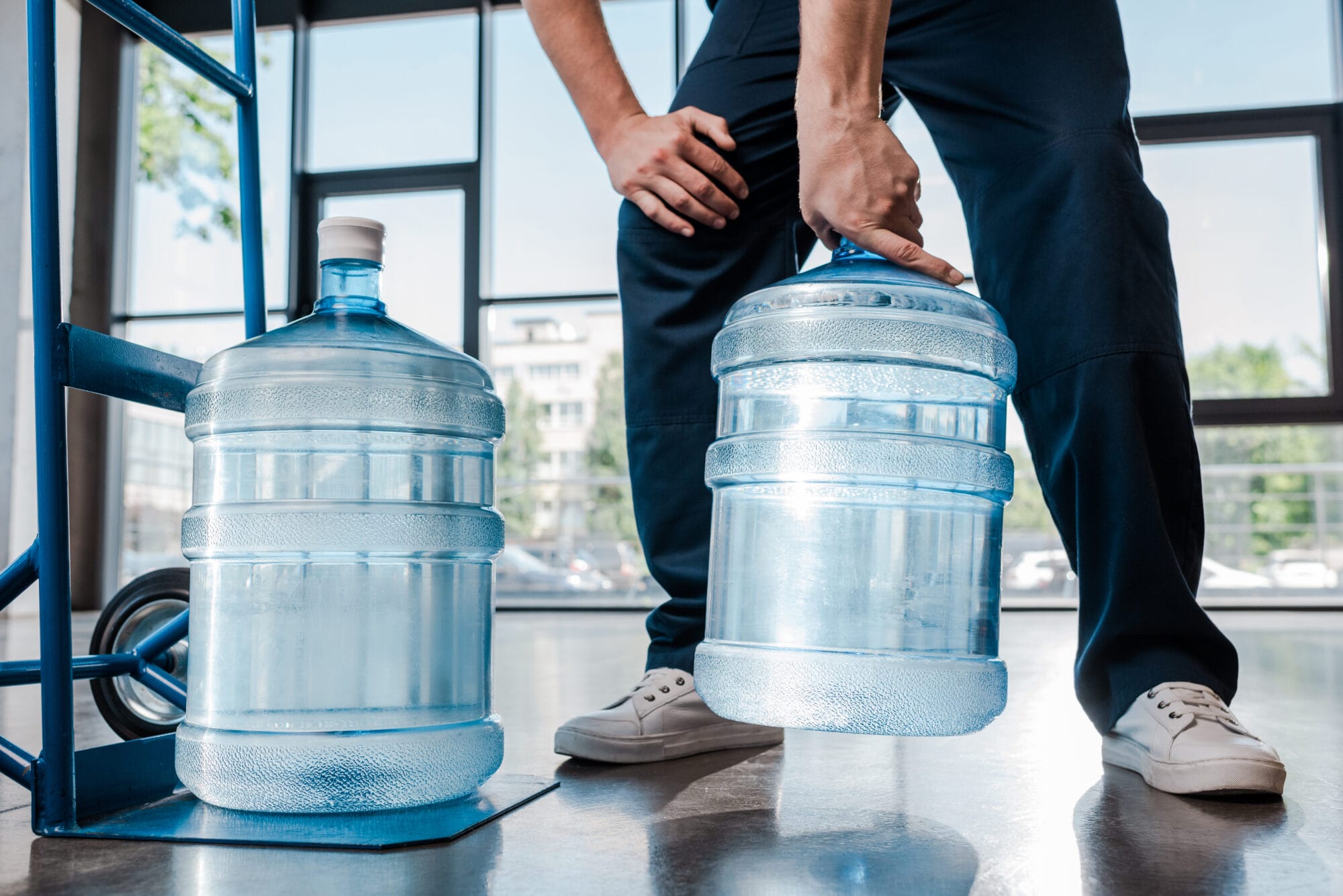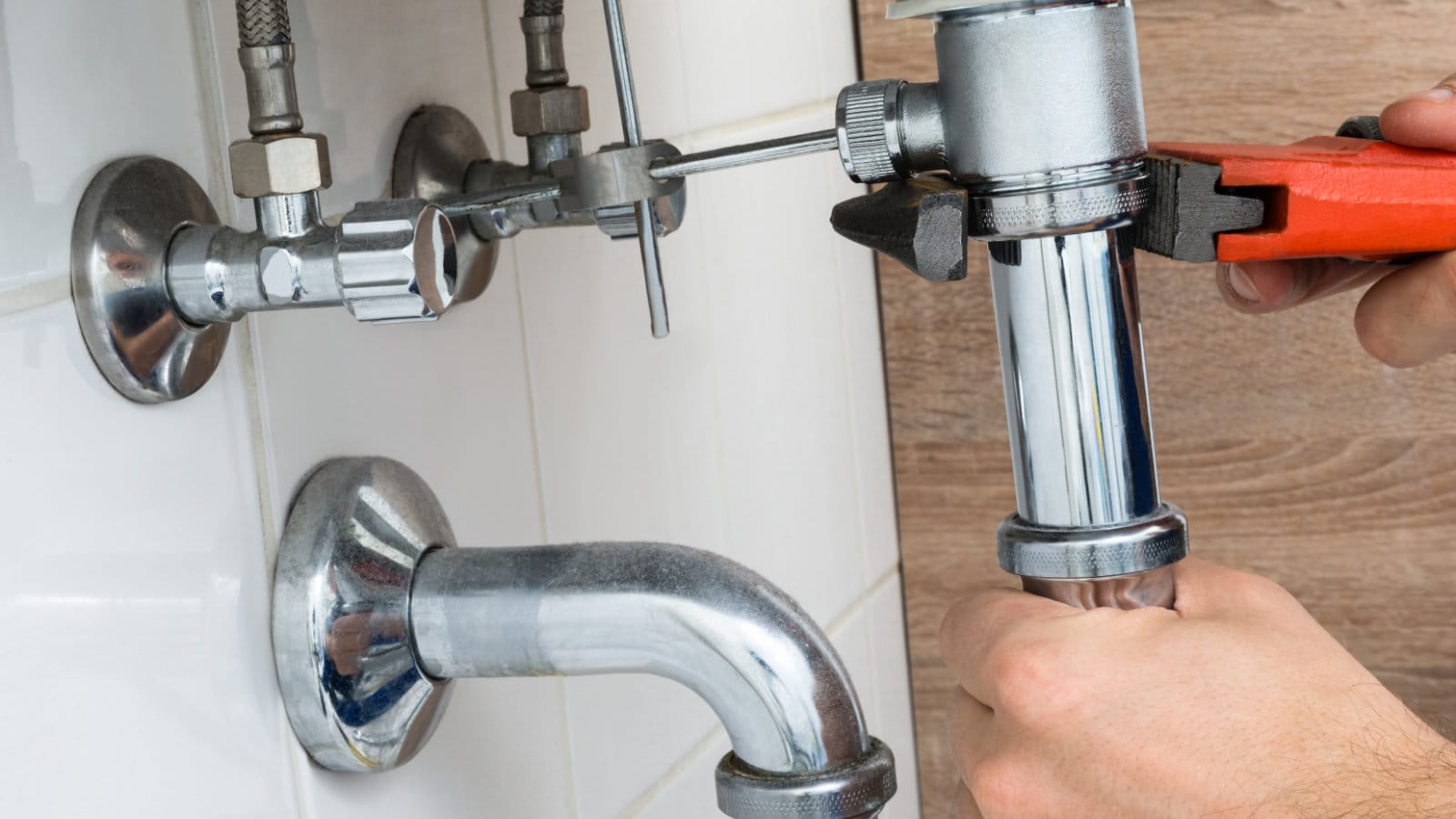Freezing pipes are increasingly becoming a concern in the South as temperatures continue to grow colder as the years go on. With increased snow days and weather forecasts predicting freezing temperatures, it is important for homeowners to protect their homes from the dangers that the cold can bring.
One may think that frozen pipes are not a big issue because as soon as the weather clears, the pipes will fix themselves. However, that is far from the truth. It is important to maintain your water pipes because failure to do so could result in prolonged problems that will be more expensive to fix than you could be prepared to handle.
How Do Pipes Freeze?
Water is a unique compound because it has properties that allow it to expand as it freezes. As it expands, the water puts a tremendous amount of pressure on the object containing, such as metal or plastic pipes. If the water expands far enough, it can cause pipes to break and burst, leaving a giant mess.
Pipes most commonly freeze under these conditions:
- Pipes exposed to severe cold, such as outdoor hose bibs, swimming pool supply lines, and water sprinkler lines.
- Water supply pipes in unheated interior areas. This can include basements, crawl spaces, attics, garages, or even kitchen cabinets.
- Pipes running against or through exterior walls that have little or no insulation.
Frozen pipes can be dangerous because it can immediately shut down your access to clean water that you may need, so it is important to frequently check them and take preventative, protective measures to ensure the safety of your home.
Preventing Pipes from Freezing
The fear of pipes freezing is a valid one, especially when the weather gets colder. One may be wondering just how to prevent pipes from freezing. There are some things you can do to help prevent pipes from freezing and save you some future headaches.
Before the first big drop in temperatures, it is recommended to do the following:
Drain Water
Drain water from any and all swimming pools and water sprinkler supply lines if you have them. To do so, please follow manufacturer instructions on how to safely execute this task.
Do not put antifreeze in these lines unless directed by a professional. Antifreeze is very potential and an environmental hazard that can be dangerous to humans, pets, wildlife, and landscaping.
Handle Outdoor Hoses
Remove, drain, and store outdoor hoses. Close the inside valves that supply outdoor hose bibs. Open all outside hose bibs to allow water to drain properly. Keeping the outside valve open allows any remaining water in the pipe to expand without causing the pipe to break.
Improve Insulation
Add insulation to areas in your home such as attics, basements, and crawl spaces. Insulation will maintain higher temperatures in these areas which will decrease the likelihood of freezing.
Check around the home for other areas where water supply lines are located in unheated areas such as the garage or under cabinets in the kitchen and bathroom. Both hot and cold water pipes in these areas should be insulated to keep them safe.
Consider installing specific products made to insulate water pipes. This can include pieces like a “pipe sleeve” or installing UL-listed “heat tape,” “heat cable,” or similar materials on exposed water pipes. Simple household items like newspaper can provide some degree of insulation and protection to exposed pipes
Consider relocating pipes that are exposed, especially those that have direct contact with the elements. Doing so can provide increased protection from freezing.
Closing and Opening the Right Doors
If you have water supply lines flowing through your garage, keep the garage doors closed to protect the pipes from cold temperatures.
In your kitchen, keep cabinet doors open so warm air can circulate through the plumbing lines. This can also be done in the bathroom. If you have small children or pets, make sure that any harmful materials or cleaners are kept out of reach.
Run a Water Drip
When the weather is freezing outside, let the cold water drip from the faucet of your sink, shower, and/or bathtub served by any exposed pipes. Running water through the pipe – even at a trickle – helps prevent pipes from freezing.
Set Your Thermostat
If you have heat, keep the thermostat set to the same, consistent temperature throughout the day. Temporarily suspend the use of lower nighttime temperatures. Your heating bill may increase slightly, but this can prevent a much more costly repair job if pipes freeze and burst.
If you will be going away on vacation during cold weather (such as visiting other family members for the holidays), leave the heat on in your home, setting it to a temperature no lower than 55° F to keep warm air circulating.
If Pipes Do Freeze…
You may be wondering what to do if your pipes burst. In the event that your pipes do freeze it is important to immediately cease the use of those pipes. Shut off the main water valve providing water to your home but leave the water faucets open and on.
Be very cautious using any electrical appliances when pipes have burst because this can be a dangerous electrocution hazard.
Contact a Plumber
Do not try and reheat pipes on your own in any way! Call a plumber and leave it to the professionals. Do not use a flame or hair dryer to try and deice the pipes as it could cause even more damage.
Intown Plumbing is Here to Help
The importance of protecting your pipes cannot be stressed enough. Although Texas is a warmer state than most, it does not make you immune from the effects of the cold weather that does arrive in the winter months.
We want to make sure that your water supply is safe and protected at all times. We at Intown Plumbing are a family-owned-trusted Dallas plumber provider. From plumbing services to gas leak detection, we want to keep your home a safe and comfortable place to live.
Want to learn more about us, what we do, and how we can help you with all of your plumbing needs? Check out our website or contact us today!





